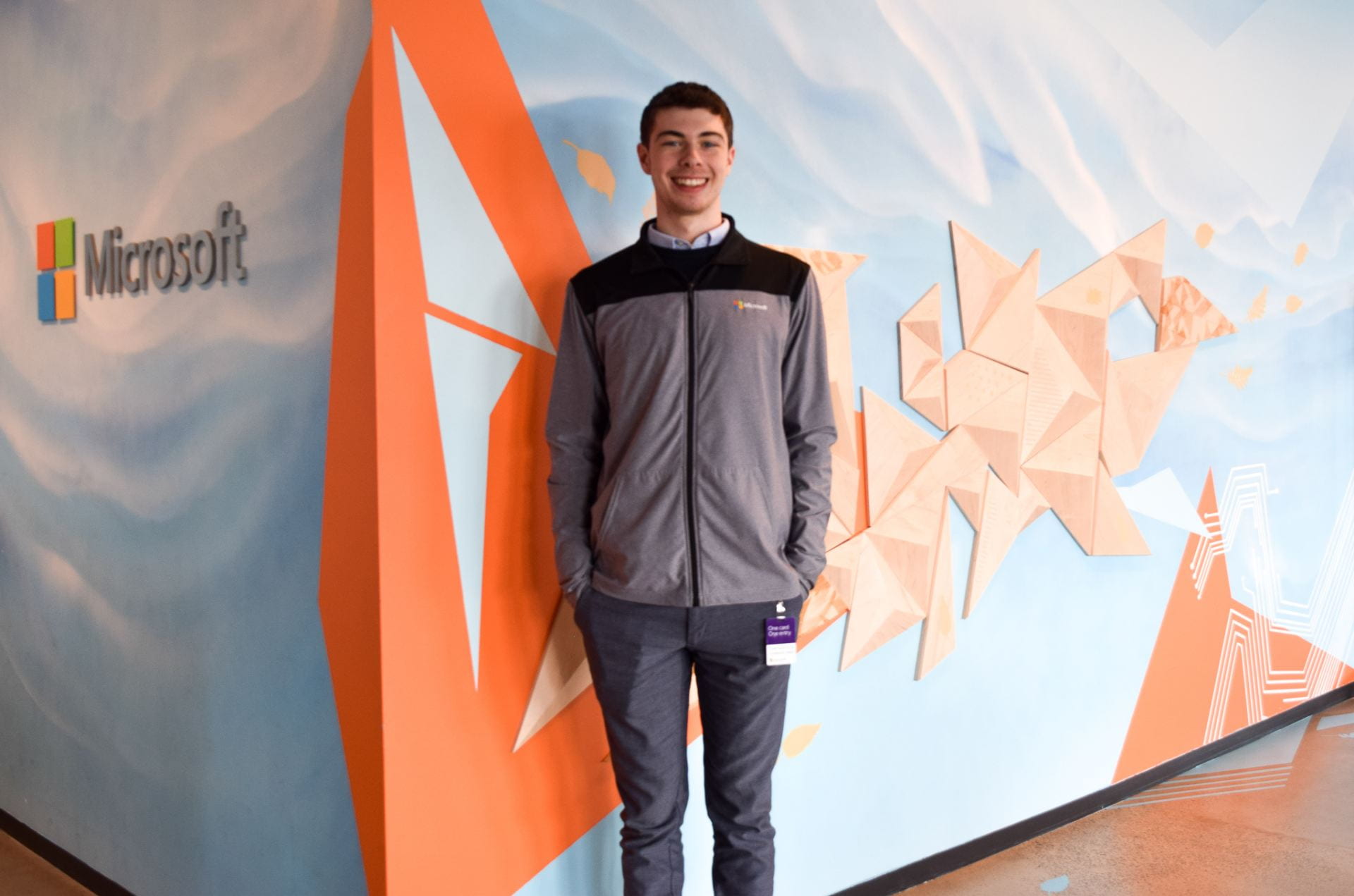By: Kristen Eckman
During the beginning stages of hiring, many employers, especially in the STEM fields, are focused on hard skills (i.e. specific, teachable abilities that can be defined and measured, such as the ability to use software programs). However, when determining the ultimate hirability of a candidate, soft or transferable skills are in the forefront of employers’ minds. If you feel your hard skills are lacking, or you want to differentiate yourself during the final stages, focus on the transferable skills you have to offer.
What are Transferable Skills?
Transferable skills are the aptitude and knowledge that you acquire through any experience that can be transferred to future employment settings. According to Wikipedia, “A transferable skill is an ability or expertise which may be used in a variety of roles or occupations.” They are less tangible and harder to quantify than hard skills.
Examples include:
- Interpersonal or customer service skills (such as diplomacy, negotiation, and collaboration)
- Communication skills (such as writing, speaking, and presenting)
- Leadership skills (such as delegation, scheduling, and training)
- Self-Management (such as professionalism, organizational skills, and time-management skills)
- Critical thinking (such as problem solving, decision making, and analysis)
How Do I Identify or Gain Transferable Skills?
When identifying the transferable skills that you may already have, think about what past professors, teammates, or managers have said that you do well. Transferable skills can be gained from any experience including:
- Education:
- Completing academic projects and papers show research, analytical, and presentation skills
- Group projects help you practice communication and collaboration skills
- Managing a heavy class load or balancing school with work impart organizational skills and time management
- Co-op:
- Collaborating with multi-departmental teams instills communication and interpersonal skills
- Taking the lead on a project teaches project management, problem solving, organizational skills, and the ability to prioritize and take initiative
- Explaining complex technical points to laypeople uses communication skills
- Unrelated Work Experience:
- Supervising people demonstrates leadership, training, or delegation skills
- Working on several stations or projects at once leads to skills in multi-tasking
- Learning to be prompt, adhering to deadlines, and staying focused on work related duties are all aspects of professionalism
- Interacting with customers, clients, or managers develops interpersonal and communication skills
- Volunteering, Sports Team, Participating in an Organization, or a Personal Project/Hobby:
- Depending on the experience, these can be opportunities to develop skills such as event planning, organization, team work, leadership, problem solving, negotiation, or teaching
How Do I Highlight Transferable Skills?
Examine job descriptions to see what employers in your industry value. Use the key words and action verbs mentioned in the job description on your resume and in your cover letter. Sometimes employers use applicant tracking systems or ATS to screen incoming resumes for keywords relevant to the particular job. Resumes that contain more of the keywords that employers are looking for will be ranked higher by the ATS. This is why it is a good idea to not only tailor each cover letter you send but each resume as well.
- Resumes
- Add a Leadership section to highlight supervisory experience, volunteer work, or group membership
- Use strong actions verbs that convey your transferable skills to begin each bullet
- See the Wentworth Action Verbs handout
- Cover Letters
- Tailor each cover letter to each job description by matching your transferable skills with the ones used in the job description.
- Provide examples. Use scenarios and short stories to demonstrate the skills you have that are mentioned in the job description.
- Interviews
- Use your transferable skill examples when answering questions such as “Tell me about yourself”, “What are your strengths?”, and “Why should we hire you?”.
- Share your examples that showcase how you used or developed the specific transferable skills that the employer is looking for. Organize your examples by using the PAR Method: Project + Action = Result.
- At the end of the interview you may be asked, “Is there anything you would like to add that we didn’t get to discuss?”. This is a great opportunity to share your transferable skill examples that you didn’t get to mention.
- Also at the end of the interview, you will be asked, “Do you have any questions for me?”. Ask, “What characteristics does a successful person have in this organization?”. Listen to the answer and then reply with your transferable skill example that matches the characteristics that they mentioned.
- LinkedIn
- List transferable skills in your skills section and get endorsements
- Talk about skills you have gained from past experiences in your summary or experience section
- Ask for recommendations from past managers that focus on your transferable skills
- See the LinkedIn Cheat Sheet & the Wentworth LinkedIn Guide
As always, to make an appointment with your Co-op + Career Advisor call the front desk at 617.989.4101 or stop by the CO-OPS + CAREERS Office.




